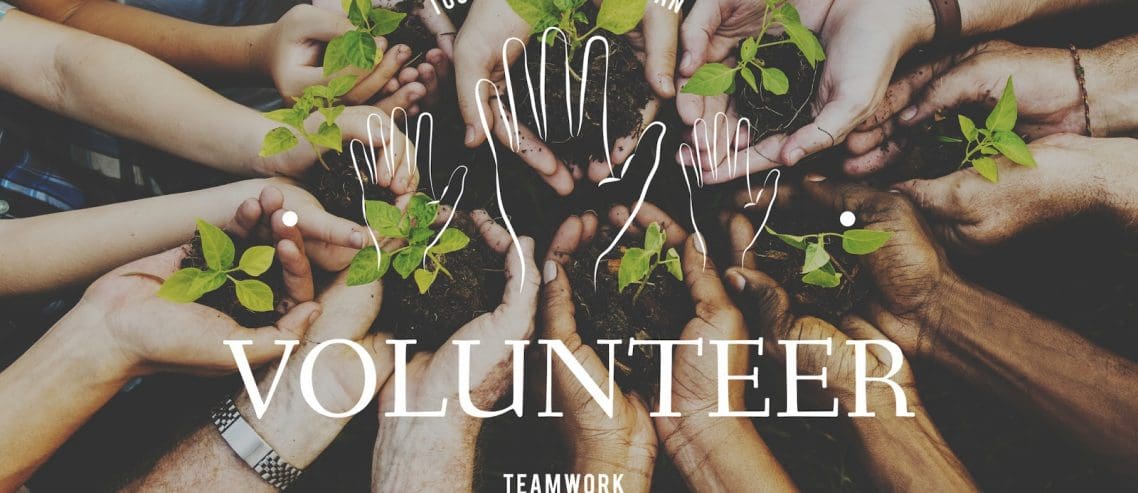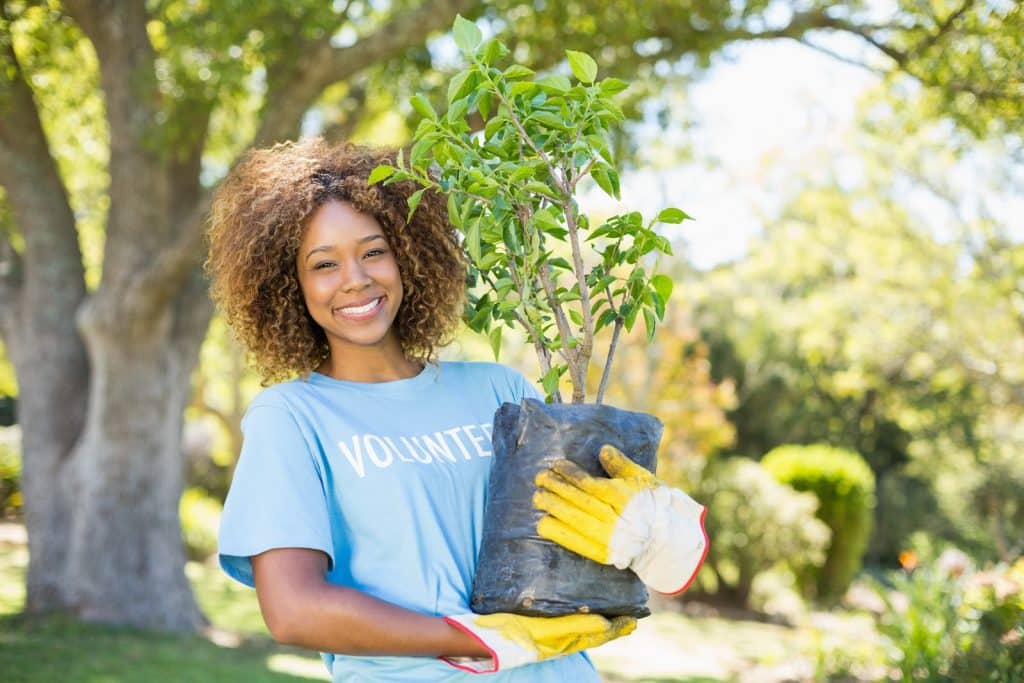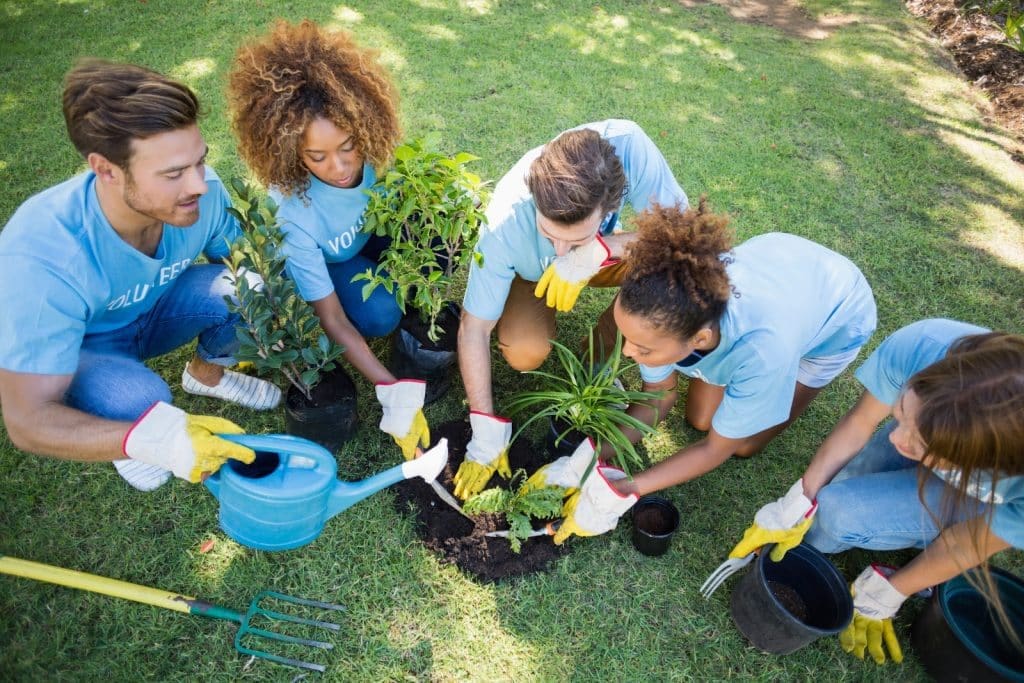The Benefits of Volunteering in Recovery
It’s Recovery Month, and we’re looking at how the benefits of volunteering translate to a more positive, more sustainable recovery experience.
While recovery is different for everyone, there’s one thing that all individuals in recovery tend to share: a need to fill their free time safely and productively. Free time can be difficult for those in recovery from alcohol or substance abuse, since it provides an opportunity for negative thoughts and behaviors to thrive. Finding positive ways to fill that time is integral to a successful recovery, and volunteering to make a difference is one of the best ways to do it.
Recovery is a 24/7 process. And while there’s no single correct way to go about it, making space for volunteer work is a great way to limit opportunities for relapse and improve the lives of others at the same time. So, let’s explore the ins-and-outs of volunteering and how exactly this activity correlates with recovery.
Why Volunteering is Important for Those in Recovery
Substance use is a disorder that has a very real impact on both the person who is suffering from the disorder and the people who love them. Many individuals in recovery report feeling that their actions have been selfish or unkind—even while knowing that they are not directly at fault.
Volunteering helps take these feelings and channel them in a more positive direction. By doing good for others, people in recovery are able to find the good in themselves in addition to keeping themselves occupied in a safe way.
There are a lot of benefits to volunteering for those in recovery, and a lot of reasons to make it part of an active recovery plan. Here are some of the big ones.
- It improves self-esteem. We feel good about ourselves when we do good things for others. And unlike the fleeting illusion of self-esteem that people may gain from using drugs or alcohol, the improvements from volunteering are long lasting and based in fact, with observable results and impacts that prove without a doubt that these actions make a difference.
- It builds community. There are endless ways to volunteer your time, but what they all have in common is a sense of community and coming together toward a greater purpose. People in recovery who volunteer meet others outside of the recovery community who share their interests and passions, which is an important stepping stone in forming healthy new relationships.
- It fills up time in a positive way. We’ve touched on this already, but it’s worth repeating. Volunteering as part of recovery puts the recovery process front and center while also offering up avenues for individuals to get out of their own heads and put others first—both of which are crucial to a lasting recovery.
Start Making a Difference
If you are in recovery, we encourage you to seek out volunteering opportunities in your area. There’s something for everyone, and so many ways to help your community.
We want to know: how has volunteering impacted you? Get in touch and tell us!






